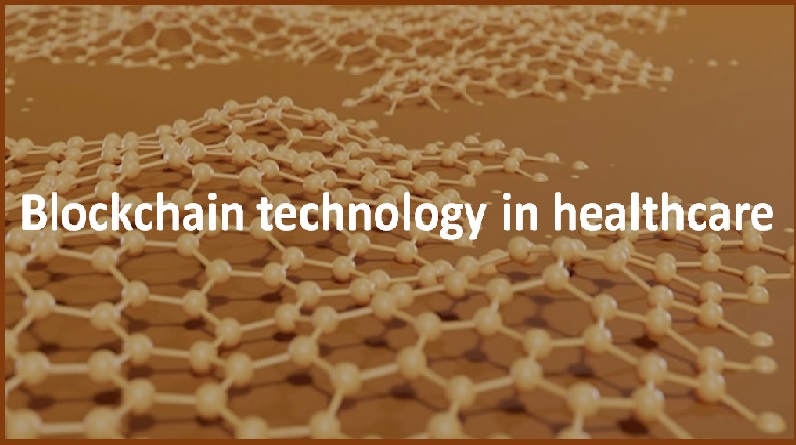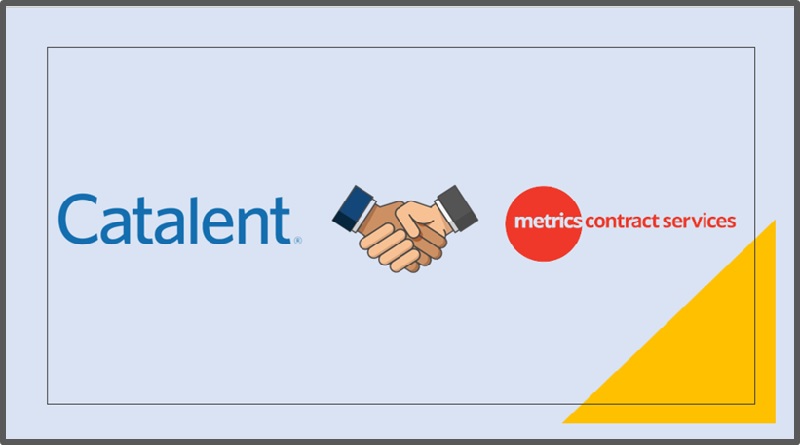The first thing that comes to mind when someone mentions blockchain technology is cryptocurrencies. Blockchain, though, goes well beyond only cryptocurrency. It could cause havoc in every aspect of life, including healthcare. Blockchain technology has the potential to effectively address pressing issues that the world has been dealing with for a very long time.
Let’s first examine blockchain’s definition and operation.
A chain of records called a blockchain is used to store data and information. The fact that it is a tamper-proof, decentralised digital ledger removes governmental or third-party dominance and gives the user full power. A distributed network, a shared ledger, and the digital transactions that power the system make up the three components of blockchain. The following are some key characteristics of blockchain technology:
Immutability
Better Security
Transparency and Authenticity
Consensus
No Single Point of Failure
High Transaction Speed
Free of Intermediaries
The success of blockchain technology is due to all of these characteristics.
The healthcare sector is currently exploring for ways to fully utilise blockchain in building a better ecosystem. Early solutions demonstrate that this integration can not only cut expenses and increase the availability of legitimate information, but can also streamline medical records and enable secure and quick access to data. Professionals and institutions are already utilising the technology. Utilizing cryptocurrency can also result in the creation of a secure payment system. You can rapidly pay for anything because all you need is an electronic wallet, like Dogecoin Wallet, to hold cryptocurrency.
How is blockchain applicable to healthcare?
We have seen numerous applications of blockchain in financial, governance and business sectors. Here are a few of the many ways blockchain can be used in healthcare.
Data accessibility and archiving:
It’s no secret that the healthcare sector and related institutions have always had issues with patient data and records. Blockchain technology can permanently resolve this problem because the records are extremely sensitive and a single error might cost a lot of money. It is virtually hard to make a mistake because of the high level of security it provides for data access and storage. As a result, many medical sectors will be able to securely access, store, and share data as well as effectively interact, enhancing patient opportunities and experiences.
Analysis and Data Collection:
Using a data-driven, scalable, and patient-centric blockchain-based system will prove helpful in collecting sensitive data to train machine learning software. Data collection and analysis can be challenging, but blockchain technology can make it easier, faster, and more secure.
Cybersecurity:
Blockchain is theft and fraud-proof. Once implemented, this technology can exterminate the risks of data loss, hacking, embezzlement, and any other possible damage to the data.
Supply Chain Management for Health:
Blockchain enables more efficient supply chain operations while also making the process less expensive, dependable, authentic, and easier to manage. To have better control over supply chain management, many healthcare sectors are already looking into blockchain technology.
What are the main advantages of blockchain technology in healthcare?
Here are a few key advantages that blockchain will offer now that we have a solid understanding of its uses in the health industry.
1. Perennial Patient Records:
The records of a patient’s illness will be added to the blocks because blockchain is composed of a chain of blocks. Depending on the patient’s subsequent visit, it will be feasible to predict the disease using records such as disease history, lab test results, treatment expenses, etc. Hospitals may be able to use these pre-compiled records by looking through them to give patients better care. It will also help with mastering patient indices, making sure that records are precisely organised, and preventing sensitive errors.
2. Drug Tracking:
Blockchain offers a trustworthy method to confirm medicinal authenticity because it enables the ability to track every medication back to its source. Information about medicine at every step of its existence may be stored using blockchain. Every block containing pharmaceutical data will have an unchangeable timestamp and a hash that connects it to another block.
All authorised parties will be able to view the transactions on the Blockchain and even trace the drug’s passage from one party to another in real-time.
3. Payments with cryptocurrency:
Medication, diagnostic procedures, and surgeries can be expensive. Due to blockchain technology, cryptocurrency payments will be available. For instance, Aveon Health allows patients to obtain care and make payments using Bitcoin without having to worry about cash.
4. Remote observation:
Electronic medical records can be seen and shared quickly throughout the globe after being uploaded to the blockchain. They can be studied by patients or medical professionals in the convenience of their own homes. This method is secure and practically free from cyberattacks thanks to blockchain technology.






